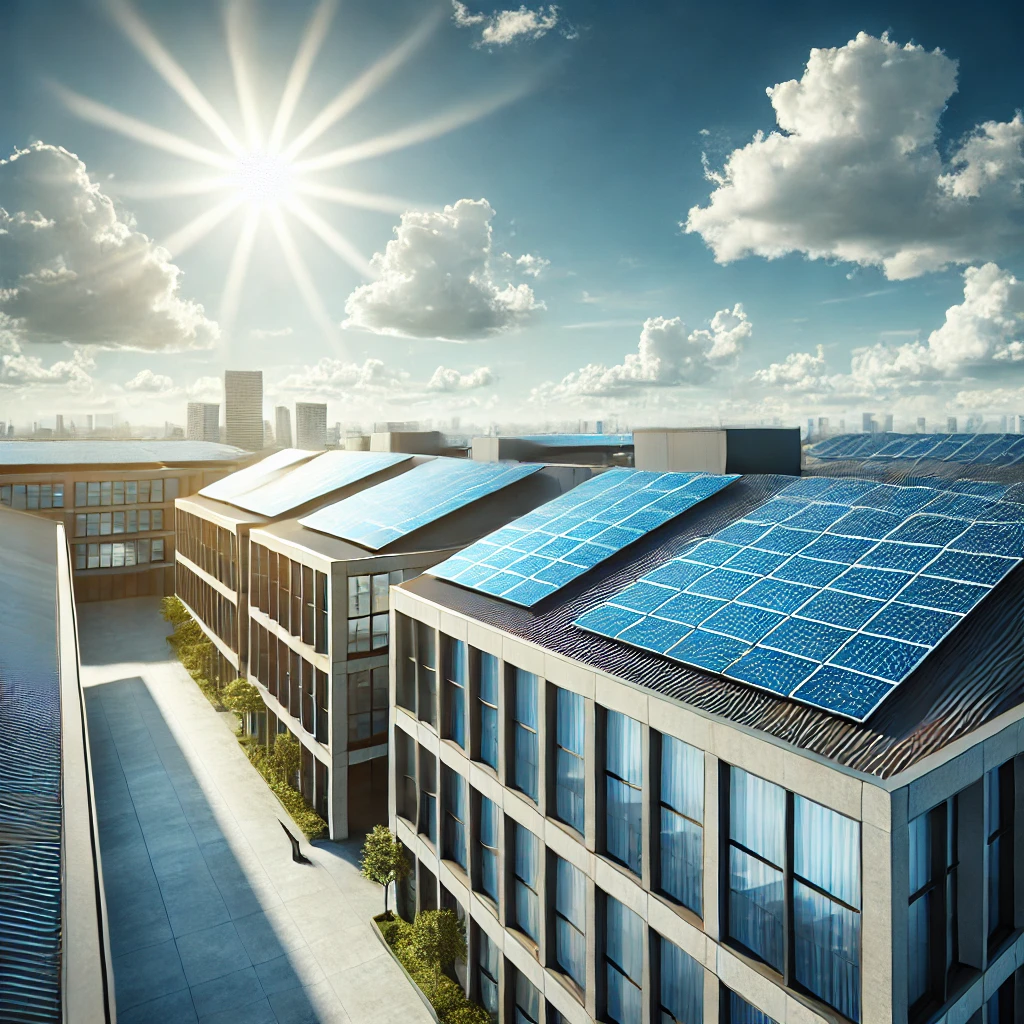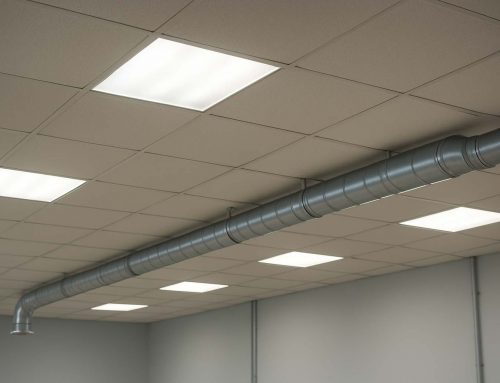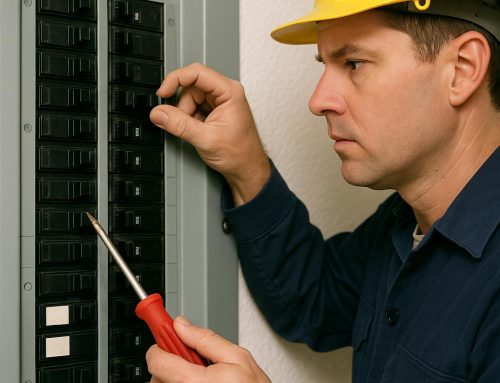As more businesses explore sustainable energy solutions, solar power has become an attractive option. While solar panels can offer cost savings and environmental benefits, they also require a significant investment. If you’re considering solar energy for your business, here are the key pros and cons to weigh before making a decision.
Pros of Installing Solar Panels for Your Business
1. Lower Energy Costs
One of the biggest advantages of solar power is the potential for reduced electricity bills. Once installed, solar panels can significantly cut your energy expenses, helping your business save money in the long run.
2. Tax Incentives and Rebates
Many businesses qualify for federal and state tax incentives, rebates, and grants to offset the cost of solar panel installation. Programs like the Federal Solar Investment Tax Credit (ITC) can make solar power more affordable.
3. Sustainability and Environmental Benefits
Going solar reduces your carbon footprint, positioning your business as an eco-friendly operation. Consumers are increasingly choosing companies that prioritize sustainability, giving your brand a competitive advantage.
4. Energy Independence
With solar power, your business becomes less reliant on the power grid. This can be especially beneficial in areas prone to outages or rising energy costs, ensuring a more stable and predictable energy source.
5. Increased Property Value
Commercial properties with solar energy systems often see an increase in value. If you ever plan to sell your business property, solar panels can make it more appealing to buyers.
Cons of Installing Solar Panels for Your Business
1. High Upfront Costs
While solar panel prices have dropped over the years, the initial investment remains significant. Businesses need to factor in the cost of purchasing and installing the system before seeing long-term savings.
2. Roof Space and Structural Limitations
Not all buildings are ideal for solar panel installations. If your roof is too small, shaded, or not structurally sound, you may need additional modifications, increasing your overall costs.
3. Inconsistent Energy Production
Solar panels depend on sunlight, meaning energy production can fluctuate due to weather conditions or seasonal changes. Businesses may need backup energy sources or battery storage to ensure continuous power.
4. Maintenance and Repairs
While solar panels require minimal upkeep, occasional maintenance is necessary. Dust, debris, and weather conditions can affect efficiency, and inverter replacements may be needed over time.
5. Long Payback Period
Despite the cost savings, businesses may not see a return on investment for several years. The payback period varies based on energy usage, location, and available incentives.
Is Solar Right for Your Business?
Solar energy can be a smart investment for businesses looking to cut energy costs and promote sustainability. However, it’s important to assess your financial situation, building suitability, and energy needs before making a decision.
If you’re considering solar for your business, consult a professional electrician like Eric Gandler in Clifton Park to evaluate your options and ensure a safe, efficient installation.






